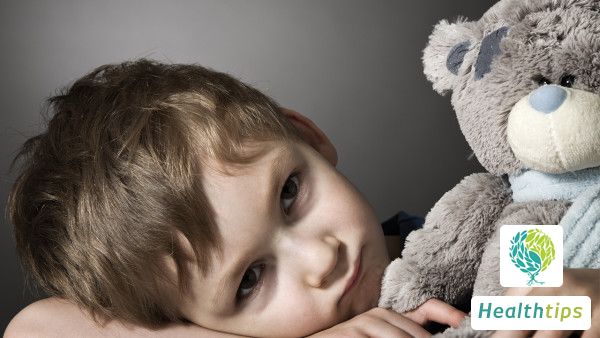Autism, also known as solitary disorder, is a relatively complex neurodevelopmental disorder usually related to genetic factors, biological factors, environmental factors, etc. Its clinical manifestations include social communication disorders, speech communication disorders, limited or single interests, stereotyped repetitive behaviors, and may also be accompanied by varying degrees of mental retardation. Here are the main causes:

1. Genetic factors: If there are patients with autism in the family, the probability of other immediate relatives developing autism is relatively high. Immediate relatives generally live together with patients of the same age and may lack common concern and understanding in daily life. They may also be reluctant to actively communicate with others when encountering problems.
2. Biological factors: If the patient's cerebellum is underdeveloped, it may affect the cognitive ability of the body, leading to autism.
3. Environmental factors: If both parents and their elders in the patient's growing environment have had autism, the patient may also be affected by genetic inheritance and develop autism.
4. Other reasons: If the patient does not receive good education during growth, it may lead to psychological abnormalities, long-term mental stress in daily life, and may also induce autism.
If a patient develops autism, it is necessary to seek medical attention promptly. Under the guidance of a doctor, they can undergo psychological treatments such as language intervention. They can also take antipsychotic drugs prescribed by the doctor, such as Aripiprazole Tablets and Risperidone Tablets. Parents should also communicate more with children in daily life, take them to participate in social activities and outdoor activities, let them come into contact with more social things, and cultivate their interests and hobbies, which can promote recovery.




















